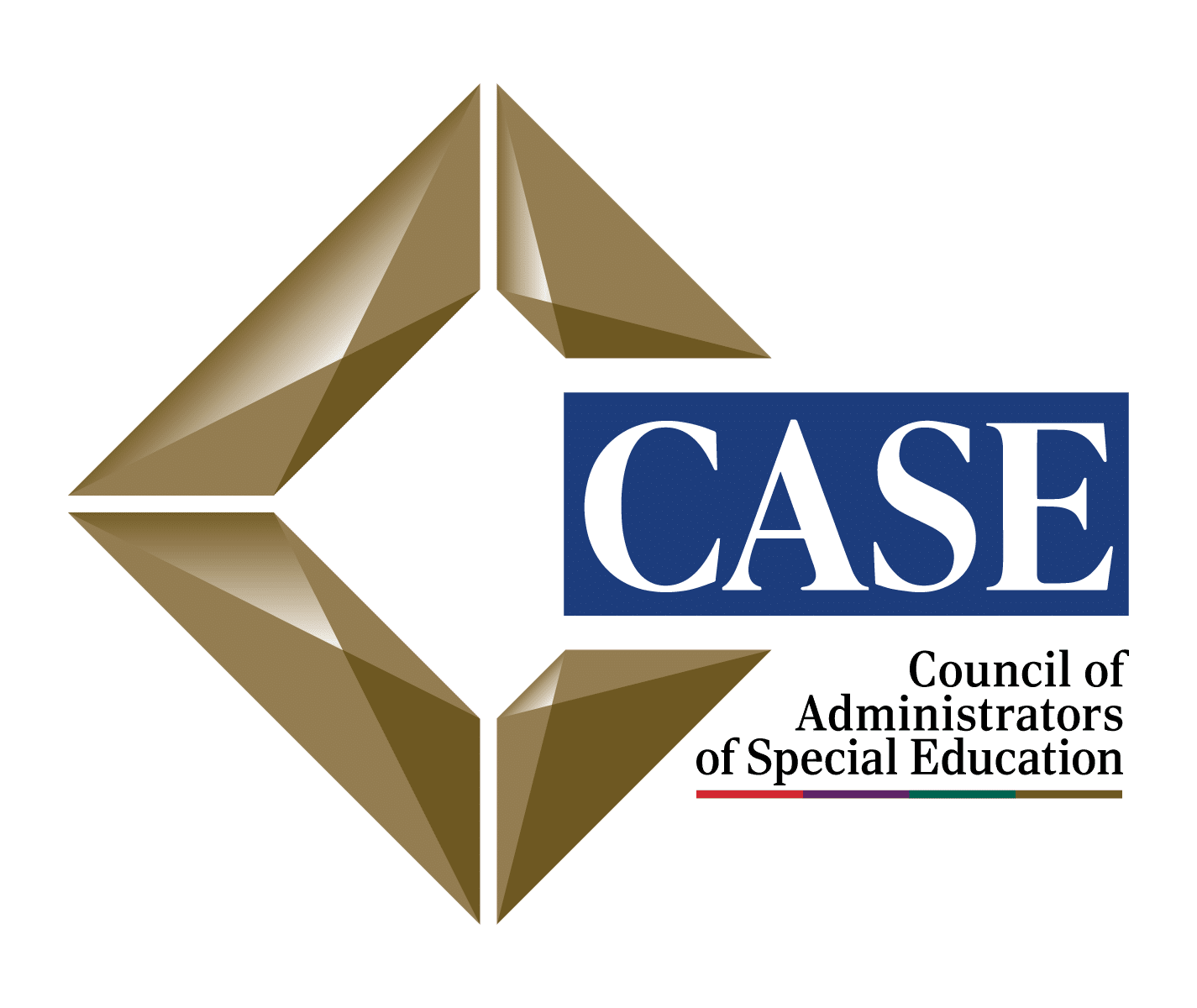Guest Post by Kathleen Kryza, MA., International Educator/Consultant/Author
As educators, we know all too well that now, more than ever, our students are struggling with anxiety, depression, and other mental health challenges. The combination of many factors – a pandemic, polarized politics, gun violence, social media, cyberbullying, and in-school bullying, have resulted in many of our students functioning at the lower levels of Maslow’s Hierarchy.
When our students are struggling at the lower ends of Maslow’s hierarchy (food, shelter, safety and belonging) learning is difficult because their amygdala is working overtime. The amygdala is the “feeling” part of the brain, and when fired up it disrupts the pre-frontal cortex, or “thinking” part of the brain” that controls emotional self-regulation and empathy for others. Despite all the challenges that are inhibiting student learning, we are expected to teach our subjects and meet state curriculum objectives.
So we ask ourselves, “With all the societal obstacles our students are facing, how can we help them develop hope and have empathy and compassion for others?” The good news is that the more neuroscientists are learning about the brain, the more they are finding that we can help our students find their way from indifference to empathy, from hopeless to hopeful.
“Neuroscience allows us to see inside the human brain and better understand our minds. With this knowledge, we can begin to make daily choices of mindset and behavior that not only reshape our neural circuitry but can alter the way human beings interact with one another.” (The Neuroscience of Empathy, Christopher Bergland, Psychology Today, 2013.)
Empathy is the ability to sense other people’s emotions and the ability to imagine what someone else might be thinking or feeling – to “walk a mile in someone else’s shoes.” Social psychologists have identified the supramarginal gyras as the part of the brain that helps us differentiate our own emotional state from that of others and is responsible for empathy and compassion. “Affective empathy” refers to the sensations and feelings we have in response to others’ emotions and “cognitive empathy,” refers to our ability to identify and understand other people’s emotions.
Here are some ideas and strategies that can help students see outside themselves and their own world view and into the hearts and minds of others:
· Practice loving kindness meditations.
· Model empathy ourselves.
· Teach conflict resolution.
· Incorporate strategies and lessons from “Random Acts of Kindness” and “Learning for Justice.” (Both sites are free.)
· Promote “pro-kindness” vs. “anti-bullying” in your school or classroom. (Mother Teresa said, ‘I will never attend an anti-war rally. If you have a peace rally, invite me.”)
Hope is not an emotion, rather it is a series of actionable steps. Hope is setting small achievable goals, taking action to achieve those goals, and believing that you have what it takes to reach them. We experience hope in two key areas of the brain, the amygdala, our emotional processing center, and the anterior cingulate cortex, which is involved in thinking about the self, reflecting on the past, and anticipating the future through an emotional lens. In 2017, a Gallup poll indicated that only 53% of the students participating in the poll responded they were hopeful (Gallup, 2014), in 2017 that number had fallen to 48% (Gallup 2017.)
Here are some ways we can create hopeful schools and classrooms:
· Regularly provide examples of role models who have persevered through challenges. (Also share ways that you have persevered and have students share people they know who have persevered in the face of challenges.)
· Intentionally and transparently teach students that agency is having important goals and believing you can initiate and sustain action toward reaching your goals.
· Build student goal setting and self-assessment into your daily/weekly instruction or into your counselling sessions.
· Regularly celebrate successes, large or small, that highlight students’ strengths.
· Have students create their own affirmative statements and/or create a visual representation of their idealized future.
Current neuroscience is showing us that the brain is malleable, and that empathy and hope can be encouraged, nurtured and developed, not only for our students, but for ourselves. And right now, we need all the hope and empathy we can muster.
About the Author
Kathleen Kryza is an outstanding international presenter/consultant who has been teaching and presenting for over 30 years. She is the author of six educational books and has been included in several instructional videos. Kathleen is passionate, informed and committed to bringing the best educational pedagogy to schools and teachers.
Resources:


